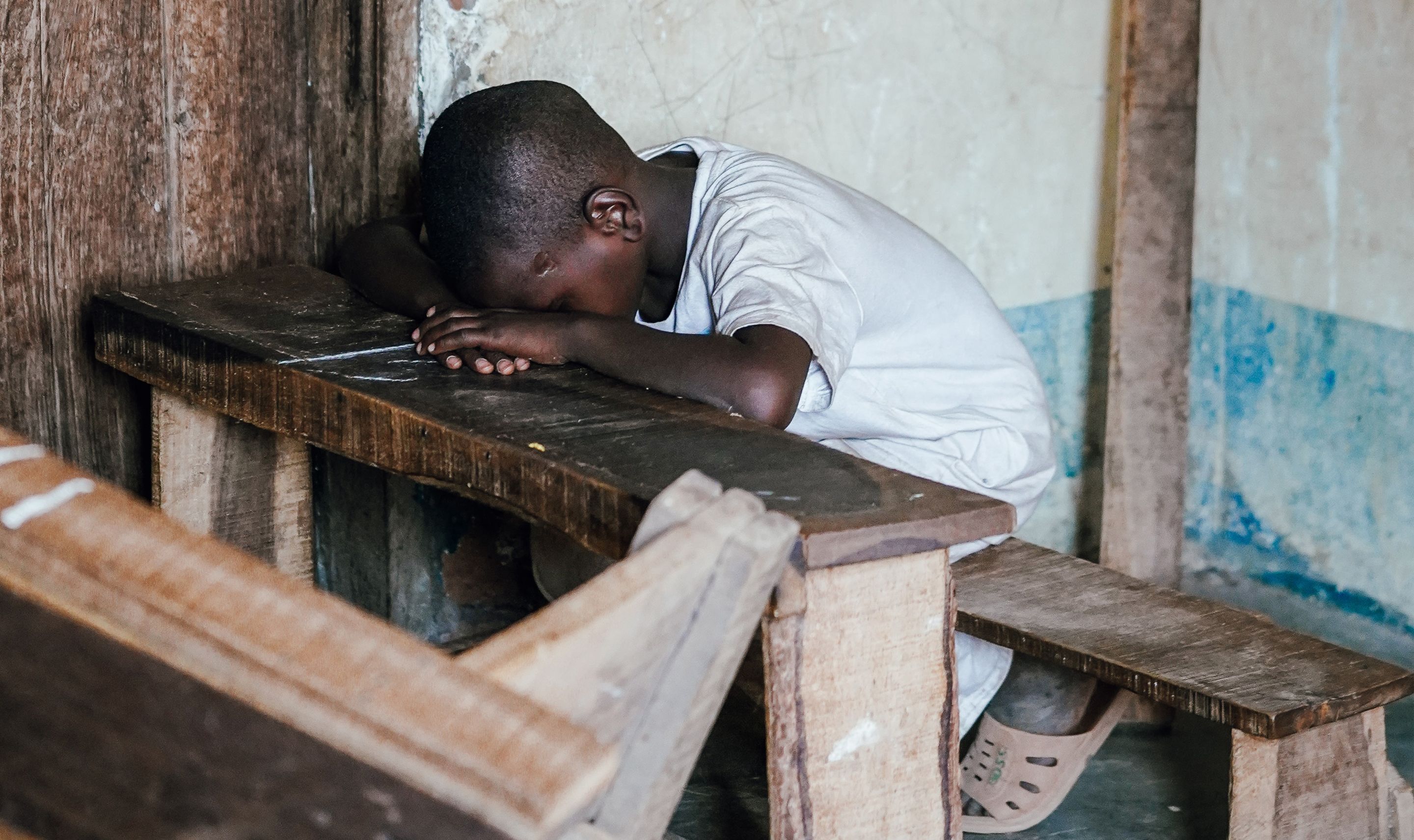Wo Zukunft ein Zuhause hat

A place of hope
The difficult circumstances surrounding the care, reception and accompaniment of drug-addicted children have led to the vision of offering these same children a new and hopeful perspective. The "Second Chance" reception center is intended to give children and young people up to the age of 17 the chance to find a way out of the downward spiral of drug addiction and homelessness and to accompany them along the way.
The "Second Chance" project in Dodoma, Tanzania, aims to give children and young people who are on the brink a second chance and to steer their lives in a forward-looking direction with competent social and medical support.
Based on our values, we want to reach out to these children and young people and give them a new hope for their lives out of charity and full of confidence.
You want to support us?
We can make good use of your help: With your support, you make it possible for children and youth in Tanzania to have hope, for those in need to be helped, and for the Second Chance team to continue. There are different ways to support, inform yourself now about the possibilities.

A journey of recovery
Distant relatives who inform us, a street operation that draws our attention or a tip from the youth welfare office: In the beginning, there is the first contact with a child who is in need. Second Chance employees go where help is needed and reach out to children and young people who are on the fringes of society. The difficult circumstances that bring a child to the streets are varied and moving, but every child living on the streets is one street child too many.
As soon as a relationship of trust is established between the child and Second Chance and the circumstances make it possible, we offer homeless children the opportunity to start on the path to a self-determined and liberated life. Especially in the case of drug-addicted children and adolescents, it is essential to support them in their rehabilitation. The accommodation in a Second Chance shelter, the provision of daily necessities and the subsequent enabling of a school education make the difference.